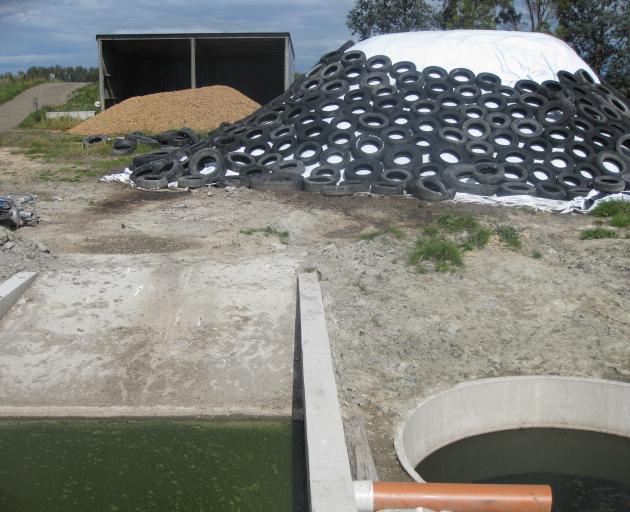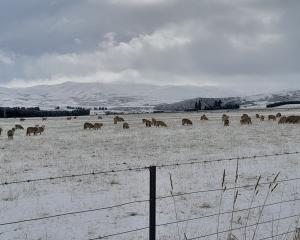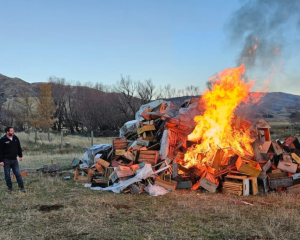
The news of the proposed 2.5cows/ha and the nitrogen application limit of 100 units before consents are triggered, along with the reduced water takes in many areas, sparked a lot of concern.
There have already been a number of feedback sessions around Otago to allow interested parties to voice their concerns.

Feds Otago and North Otago execs along with the regional policy team in Dunedin have spent many hours already pouring over each section and the Freshwater Management Units (FMUs) to pull out areas of concern.
We will then feedback this information to the ORC in our submissions, but will also be compiling a template for our members to use to help them to submit as well.
The volume of submissions on this needs to be high, so please consider submitting. Anyone with any questions please do contact us for help and advice.
The ORC are not the bad guys in all this. Despite the fact that many love to bag our regional councils, at the end of the day this is all being sped through at the directive of the national government.
The ORC are under a lot of pressure to produce a plan at speed, and in so doing it has led to items that are, frankly speaking, practically insane.
For example, the size limits on silage stacks: the aim is to reduce leaching, but any farmer worth their salt knows you would be better off with one large stack than a number of small ones, as larger ones can be compacted and ensiled far better than a small one, reducing leaching far more per square metre.
It is now on us to jump on these issues, highlight them and submit on them to help guide the ORC to a better plan.
If not, it risks a path to the majority of farmers relying on having a large number of consents to carry out basic farming practices.
Now, any of our non-farming readers may well be thinking, ‘‘Bloody farmers, moaning again and this time complaining about keeping our waterways in top condition. They need to suck it up and change their ways’’.
Well, I get that and I understand how that could be seen to be the case, but in fact it could not be further from the truth. We, most of all, want our waterways and groundwater to be in the best of health.
Our water we drink doesn’t come from piped systems that go through treatment facilities before reaching us, ours comes from bores and small schemes.
The literal health of our families and our communities relies on the water being of good quality. We swim with our children in these rivers and enjoy the biodiversity within them. Our skin is well and truly in the game on this one!
Why are we complaining then, you ask? Well, can we really be sure that if we did implement all the changes proposed that the water quality would improve dramatically?
Agriculture needs to continue the work it has already put in to improve water quality, but the rules around how this is achieved need to be practical and deliver results.
Farmers are the best environmentalists we have, as our whole lives are based on thriving water systems, so lets push to get both regional and national government to recognise and tap into this fantastic knowledge base to produce long-lasting results for all in our communities to enjoy for generations.








